What’s the Buzz
The Bee Healthy Blog
Can You Have ADHD and Bipolar Disorder?

Attention deficit hyperactivity disorder (ADHD) and bipolar disorder are two disorders that share some similar symptoms. As a result, the differential diagnosis can be tricky, and they can sometimes be mistaken for each other. Moreover, it’s possible for a person to have bipolar disorder and ADHD together.
Please continue reading to learn more about these two conditions, including the differences between them, how to tell if you have bipolar disorder with co-occurring ADHD, and the treatments available.
What is attention deficit hyperactivity disorder (ADHD)?
ADHD is a common neurodevelopmental disorder that is usually diagnosed in childhood but often lasts into adulthood. It is characterized by a lack of focus, difficulty maintaining attention, excessive fidgeting or squirming, talking out of turn, forgetfulness, impulsiveness, risky behaviors, and difficulty getting along with others. Having ADHD can put a person at risk of developing mental health-related disorders like anxiety disorder, major depression, and bipolar disorder.
What is bipolar disorder?
Bipolar disorder is a mental health condition characterized by extreme mood swings. It is usually diagnosed in young adults. Bipolar symptoms can alternate between manic symptoms (emotional highs) and depressive symptoms (emotional lows). Bipolar disorders can affect a person’s activities, behaviors, sleep, judgment, and functioning.
What similar symptoms can be seen in adult bipolar disorder patients and ADHD patients?
Adult ADHD and bipolar disorder can both produce symptoms such as inattention, lack of focus, talkativeness, distractibility, impulsivity, irritable mood, sleep deprivation, and difficulties in social functioning.
What’s the main difference between ADHD and bipolar disorder?
ADHD is a chronic or ongoing neurodevelopmental disorder that is primarily behavioral. It is characterized by symptoms of inattention, hyperactivity, and impulsivity.
Bipolar disorder is categorized among mood disorders. It is episodic and is characterized by severe mood symptoms, including mania, hypomania, major depression (most common presentation) and mixed features.
Can someone with bipolar disorder also have an ADHD diagnosis?
Yes, it’s possible to have both ADHD and bipolar disorder together. In fact, these two conditions often occur together.
A 2018 study in Denmark found that people diagnosed with ADHD and anxiety disorders are nearly 11 times more likely to have bipolar disorder.
A 2021 systematic review of studies with almost 650,000 participants found that 1 in 13 adults with ADHD also have bipolar disorder and 1 in 6 adults with bipolar disorder also have adult ADHD.
Environmental stressors are believed to play a role in the development of these two disorders. Scientists have also found clues that there is a biological link between them. Studies have shown that ADHD and hypomanic symptoms are associated with similar genetic factors.
What’s the outlook for someone who has both bipolar and ADHD symptoms?
Comorbid BD and ADHD can result in more severe symptoms compared to when either condition is present alone.
Studies have found a link between ADHD and suicide attempts in people with bipolar disorder. People who have both bipolar disorder and ADHD experience a higher number of suicide attempts than people with bipolar disorder alone.
Studies have also found that ADHD can lead to an earlier onset of bipolar disorders, more frequent mood episodes, and more violent behavior.
How to tell if you have ADHD and bipolar disorder?
You may potentially have ADHD in addition to bipolar disorder if:
- You have experienced inattention, hyperactivity, or impulsivity symptoms since childhood.
- You struggle with impulsivity, inattention, or hyperactivity even when your mood is stable.
- Your symptoms interfere with work, relationships, and healthy functioning despite being on mood stabilizers for bipolar disorder.
How do mental health professionals diagnose bipolar and ADHD?
No single test can diagnose ADHD. Healthcare providers diagnose childhood ADHD based on the child’s behavior in different settings like home, school, and with peers. The American Psychiatric Association’s Diagnostic and Statistical Manual lists several criteria to ensure that children and adults are adequately diagnosed and treated for ADHD.
Similarly, mental health professionals use the Diagnostic and Statistical Manual to diagnose psychiatric disorders such as bipolar disorder, which is usually present in early adulthood.
In order to accurately diagnose ADHD and/or bipolar disorder, doctors will rule out other potential causes for your symptoms, such as physical illnesses and mental disorders such as anxiety disorders, major depression, personality disorders, sleep disorders, or substance abuse.
What are some bipolar and ADHD medications?
There are no standard treatment considerations for people with bipolar disorder and ADHD. Treatment is usually based on the person’s symptoms and observations made by a mental health professional. Some of the medications used to treat ADHD and bipolar disorder are listed below.
Bipolar Disorder Treatment
Doctors use medications called mood stabilizers such as lithium (Lithobid, Eskalith) to treat bipolar disorder. Anticonvulsants such as carbamazepine (Tegretol), lamotrigine (Lamictal), valproate (Depakote), and oxcarbazepine (Trileptal) are also used.
Antipsychotic medications such as aripiprazole (Abilify), lurasidone (Latuda), asenapine (Saphris), risperidone (Risperdal), and quetiapine (Seroquel) may be used to stabilize mood in bipolar patients.
Doctors may use a combination of medications depending on a patient’s symptoms, for example, a mood stabilizer and an antidepressant.
ADHD Treatment
The mainstay of ADHD treatment is a combination of medications and behavioral therapy. This can include stimulant treatment with drugs like amphetamine (Adderall), dextroamphetamine (Dexedrine), methylphenidate (Ritalin, Concerta, Metadate), dexmethylphenidate (Focalin), and lisdexamfetamine dimesylate (Vyvanse).
Non-stimulant treatment considerations for ADHD treatment can include atomoxetine (Strattera), antidepressants like bupropion (Wellbutrin), venlafaxine (Effexor), and medications such as guanfacine (Intuniv).
Getting treatment for comorbid disorders like ADHD and bipolar
The clinical presentation of ADHD and bipolar disorder can be similar in the adult population. Comorbid ADHD and bipolar can result in a more severe course of illness with an increased risk of suicidal behavior. That’s why it’s important to get the proper diagnosis and comprehensive treatment for both conditions.
There are several effective treatment modalities available for bipolar disorder and ADHD, including mood stabilizers, antidepressants, antipsychotics, and stimulant medications.
Studies have shown that patients with ADHD and bipolar who receive both stimulant medications such as Ritalin (methylphenidate) and mood stabilizers have a lower rate of experiencing a manic episode within 3 months of starting the medications.
Counseling and psychotherapies can further help people learn healthy coping mechanisms for a depressive episode or manic episode associated with bipolar disorder and/or ADHD symptoms.
References:
- https://www.cdc.gov/ncbddd/adhd/facts.html
- https://pubmed.ncbi.nlm.nih.gov/29925436/
- https://www.sciencedirect.com/science/article/pii/S0149763421000312?via%3Dihub
- https://www.ncbi.nlm.nih.gov/pmc/articles/PMC6694400/
- https://www.sciencedirect.com/science/article/abs/pii/S016503271500083X
- https://www.ncbi.nlm.nih.gov/pmc/articles/PMC6597668/
- https://ajp.psychiatryonline.org/doi/10.1176/appi.ajp.2016.16040467

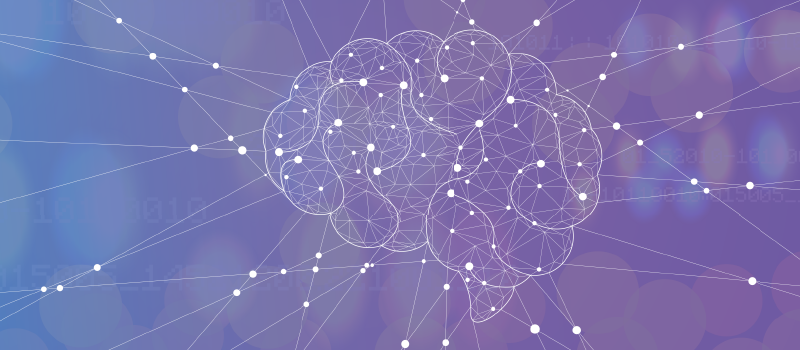

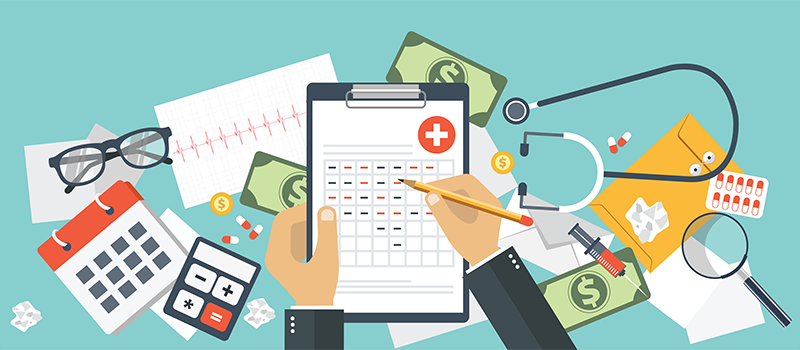
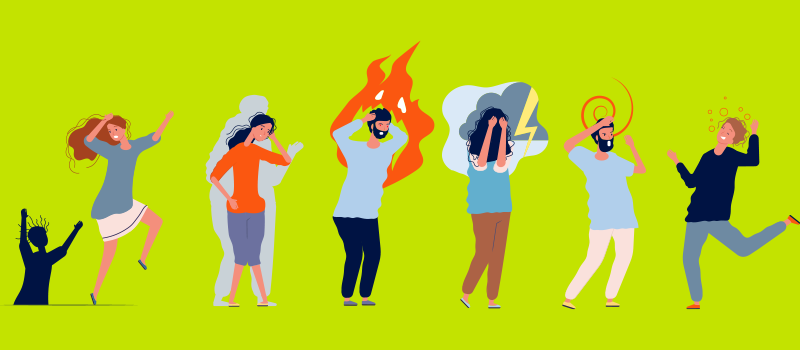

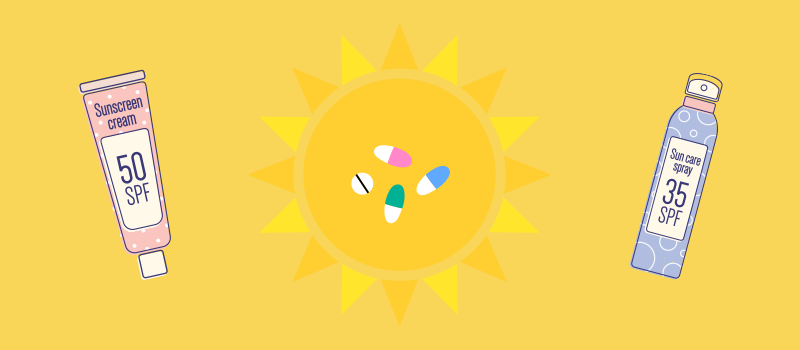
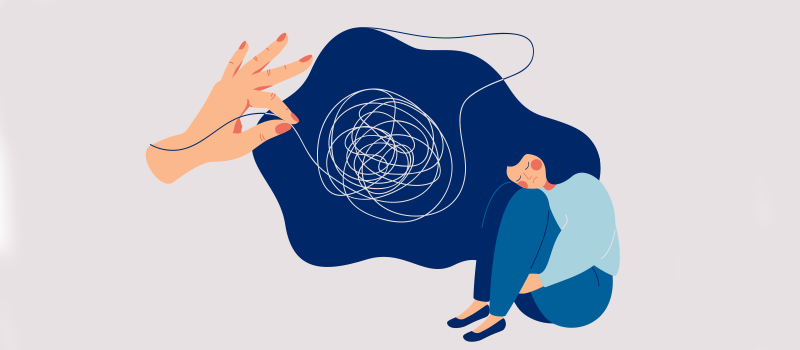
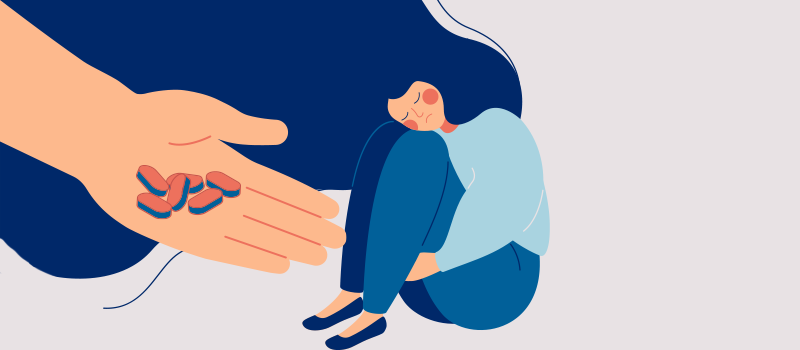


SOCIAL